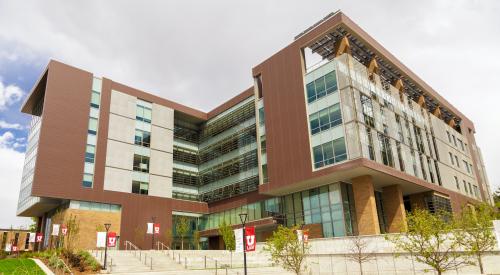Many companies are reducing, or even eliminating office space in favor of "flexible working arrangements," and researchers explain why city planners should take notice.
Filipa Pajevic and Richard Shearmur of McGill University's School of Urban Planning write that large companies are increasingly allowing project-based gig work and remote work to appeal to Millennials, reduce the costs of renting office space, and to broadly expand digital capabilities. The researchers explain for CityLab, "Cities should care because these changes affect where we work, what activities occur in different places, and how buildings, transport networks, and public spaces are used," adding, "So far, planners and geographers have not yet elaborated how cities will function or generate economic value once it is recognized that economic activity is no longer tied to specific locations."
Changes in the world of work are well-documented. Smart technologies, AI, cloud computing, wireless mobility—you name it—all have a profound impact on how work is being performed. Recent research shows that remote work has been on a steady rise. Should cities care? After all, companies are the front-line of changing work practice: managers, real-estate specialists, information technology departments, and HR personnel; they balance various types of work contracts—project-based gig work, flexible and remote work—and they manage related cultural changes.












